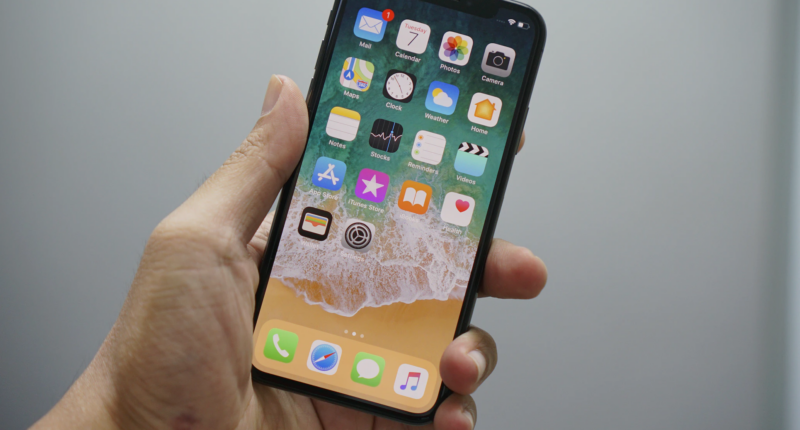A CYBERSECURITY expert has revealed his top five tips that anyone can do to make their smartphones far harder to hack.
Sedric Louissaint has spent almost a decade in the industry and has hacked everything from government departments to hospitals as part of his job testing their security and probing for vulnerabilities.
The 28-year-old warned that hackers are becoming increasingly sophisticated and send out millions of phishing scams every day in the hope of duping people out of their money, data or privacy by accessing their phones.
And with the rise in demand for smartphones going nowhere, Sedric – whose programme Show Up Show Out Security trains aspiring cybersecurity professionals – said scammers will continue to target them.
“Luckily, there are quite a few simple things people can do to make themselves far less vulnerable to these scams,” said Sedric, who is based in Florida.
“The scammers rely on laziness – like using the same passwords or not updating your device – to try and find cracks and get in.
“Staying on top of all of this and doing other basic things like having anti-virus software, using multifactor authentication and avoiding public Wi-Fi networks also makes your phone far harder to hack.
“My message isn’t to worry anyone – just inform them about the risks and what they can do to mitigate them.
“The good news is that there is a lot you can do, and very easily too.”
1. Regularly update your smartphone’s operating system and apps
One of the most critical aspects of smartphone security is keeping your device’s operating system (OS) and apps updated.
Most read in News Tech
Manufacturers and developers release updates to fix vulnerabilities that could be exploited by hackers.
For instance, Pegasus spyware made headlines by utilizing zero-click exploits, which allowed attackers to compromise a device without user interaction.
By regularly updating your OS and apps, you are minimizing the risk of being vulnerable to such attacks.
Enable automatic updates or periodically check for updates manually to ensure you are running the latest, most secure versions.
2. Install and maintain a reputable antivirus and security app
Antivirus and security apps are crucial for detecting and preventing malware and other threats on your smartphone.
These apps can identify suspicious activity and block potential attacks, such as those from phishing attempts or malicious websites.
A well-known example of smartphone malware is the Pegasus spyware, which was capable of intercepting calls, reading messages, and tracking users.
Installing a reputable antivirus and security app and keeping it updated can help protect your device from these threats.
3. Use strong, unique passwords and enable multi-factor authentication
Using strong, unique passwords for all your accounts and enabling multi-factor authentication (MFA) adds an extra layer of security. MFA requires users to provide additional verification methods, such as a fingerprint or one-time code, in addition to their password.
This helps protect your accounts even if your password is compromised.
Many high-profile hacking cases, such as the Twitter Bitcoin scam, were enabled by weak or reused passwords.
By implementing strong passwords and MFA, you reduce the likelihood of unauthorized access to your accounts.
4. Avoid connecting to unsecured public Wi-Fi networks
Unsecured public Wi-Fi networks can be dangerous, as they expose your device to potential threats.
Hackers can monitor your online activity, intercept data, or deploy malware onto your smartphone.
In some cases, attackers create fake Wi-Fi networks to lure unsuspecting users.
By avoiding public Wi-Fi or using a virtual private network (VPN) when connecting to these networks, you can better protect your smartphone from potential threats.
5. Be cautious when installing apps and clicking on links in messages
Malicious apps and phishing links can pose serious risks to smartphone security.
Always download apps from trusted sources, such as the Apple App Store or Google Play Store, and scrutinize app permissions before installation.
Be cautious when clicking on links in messages, even from known contacts, as these can lead to phishing websites or trigger the installation of malware.
Exploits are known to be delivered via malicious links in messages.


By exercising caution when installing apps and interacting with messages, you can help keep your smartphone secure.
Featured Image Credit: Unsplash











